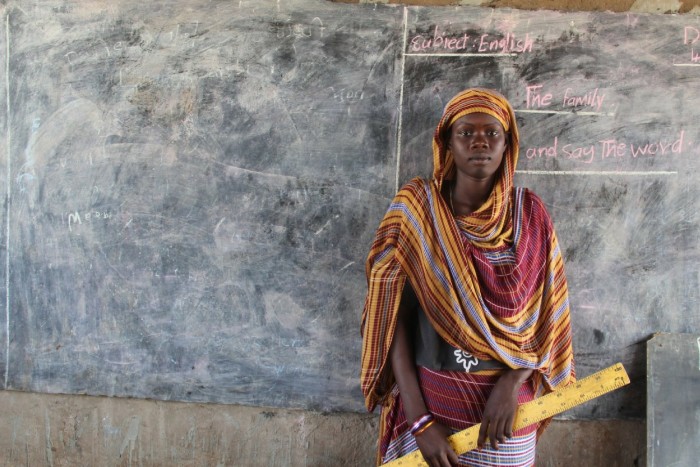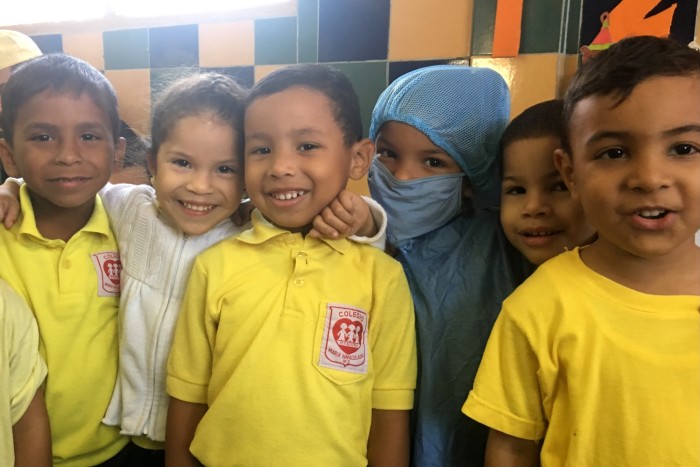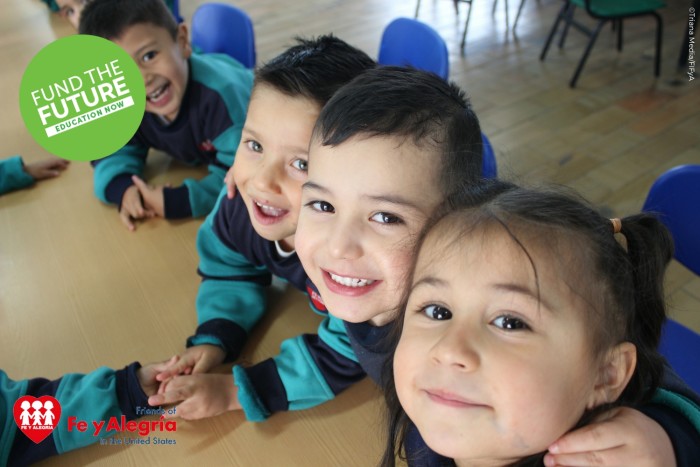
Last Friday, February 2nd, the Financing Conference of the Global Partnership for Education (GPE) ended in Dakar, a high level meeting whose aim was to mobilize funds to strengthen the education systems of developing countries, so that in 2030 all children have the right to a quality early childhood, primary and secondary education. The Dakar Summit was the first of its kind organized together with a donor country member of the G7, France, and a developing country, Senegal. It was also the first to bring together ten Heads of State, three ex Heads of State and more than a hundred Secretaries of State, who have demonstrated their commitment to education.
The Dakar Summit has fulfilled all expectations, both in terms of participation – with more than 1,200 participants, including leaders from UNESCO, UNICEF, the World Bank, civil society, and the private sector, in addition to the singer Rihanna, who is a global ambassador for the GPE – as well as in terms of economic commitment: donors have committed to contributing to the GPE with 2,3 billion dollars (1,86 billion euros) between 2018 and 2020, though the greatest effort is that 50 developing countries have announced an increase in their public spending on this matter until 20% of their respective budgets is achieved or exceeded, which represents 110 million dollars until 2020, compared to 80 million in the previous period.
Macky Sall, president of the host country, Senegal, had a decisive leadership role and pledged to increase the proportion of spending on education to 25% and also contributed $2 million USD to the replenishment fund. Senegal has become the first partner of a developing country that contributes to the fund, demonstrating its dedication to improving education nationally and globally.
The most important commitments of the Conference were those of the developing countries, which amounted to approximately $30 billion USD in new funds. The contributions of the EU, United Kingdom, France, Canada, Sweden, Denmark, and Norway were also meaningful. The amount pledged by these countries reached almost 1,8 million dollars. The total pledged amount of the donor countries for this replenishment period was just over 2 million dollars. This figure is well above what was promised in 2014.
Likewise, the International Federation of Fe y Alegría and six national offices around the world have mobilized to demand political responsibility with education financing prior to the Dakar Summit in different forums and through several public action activities.
Fe y Alegría Honduras posted on social networks the motto: ¡Financien lo justo! For free public education for all before and during the Forum and as a part of the national coalition in Honduras that participated in the Summit as a part of the CLADE Delegation.
Fe y Alegría Bolivia as part of the Bolivian Campaign for the Right to Education raised their demands for greater financing and investment in education through the statement: “For quality, inclusive, equitable education, and lifelong learning opportunities for all: CALL TO ACTION,” which included the following demands: 1) Improve the quality of education of the Plurinational Educational System, 2) Necessary and relevant Information Systems, 3) Better financing and investment in education, 4) Development of inter-sectoral policies, plans and legislation, 5) Consolidation of community social participation in education.
In Nicaragua, Fe y Alegría mobilized in coordination with the organizations that make up the Forum for Education and Human Development of the Initiative for Nicaragua (FEDH-IPN), as well as with the organizations that form part of the Popular Education Council of Latin America and the Caribbean (CEAAL). They approached the President of the Nation, they organized a public event and they helped each other in social networks by spreading their messages for the financing of education.
Fe y Alegría Dominican Republic is a member of the Social Education Forum (FSE) which has been active in the campaign. The Forum had presence in Dakar through a representative of the coalition integrated by the Latin American Campaign for the right to education (CLADE).
Entreculturas (Fe y Alegría Spain), member of the Spanish Coalition of the Global Campaign for Education, carried out social media activity about the replenishment event, using and adapting the material received from abroad and they have set meetings and sent letters to political representatives to ensure their presence and commitment at the Summit.
Likewise, Fe y Alegría USA joined the campaign sharing the letter to congressmen and women developed under the scope of the Global Campaign for Education-US and with the sharing of messages on social networks.
Foi et Joie Haïti coordinated with the Reunification of Education for All (REPT) and sent an open letter to Prime Minister M. Jacques Guy Lafontant and spread messages on social networks.
Following the Dakar Summit, all of these and other organizations for the right to education of the Society of Jesus are committed to monitoring the pledges over the next three years. We need to see these funds reach where they are most needed, and ensure that they are spent in a sensible manner and to promote inclusion, equity and quality in public education systems.
Original Post via Edujesuit


